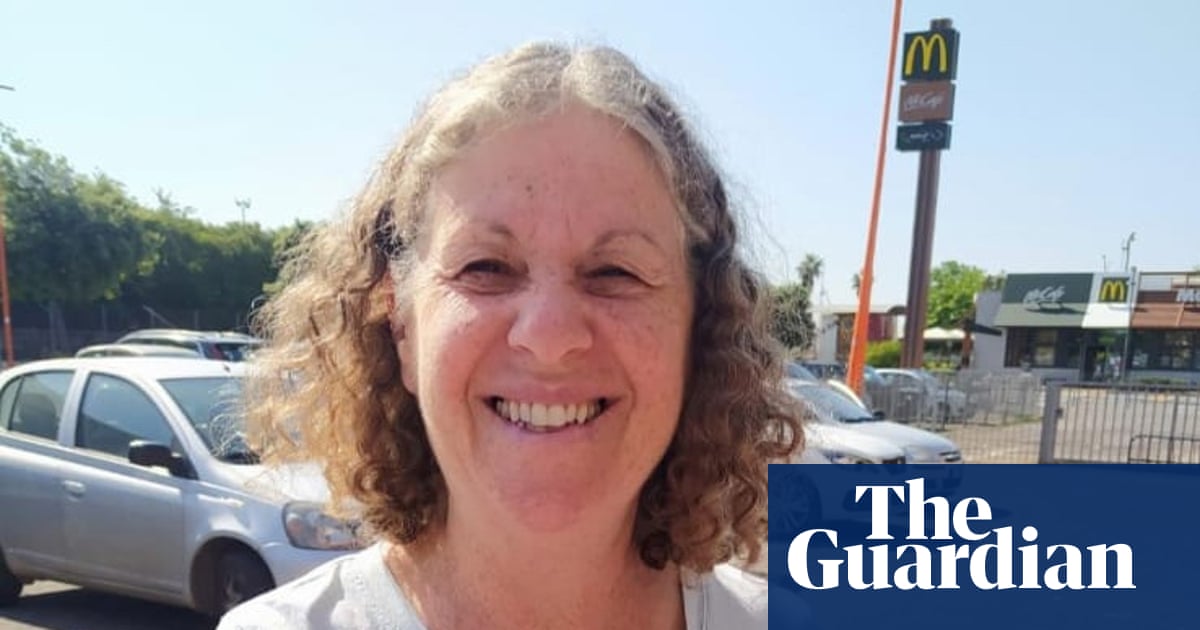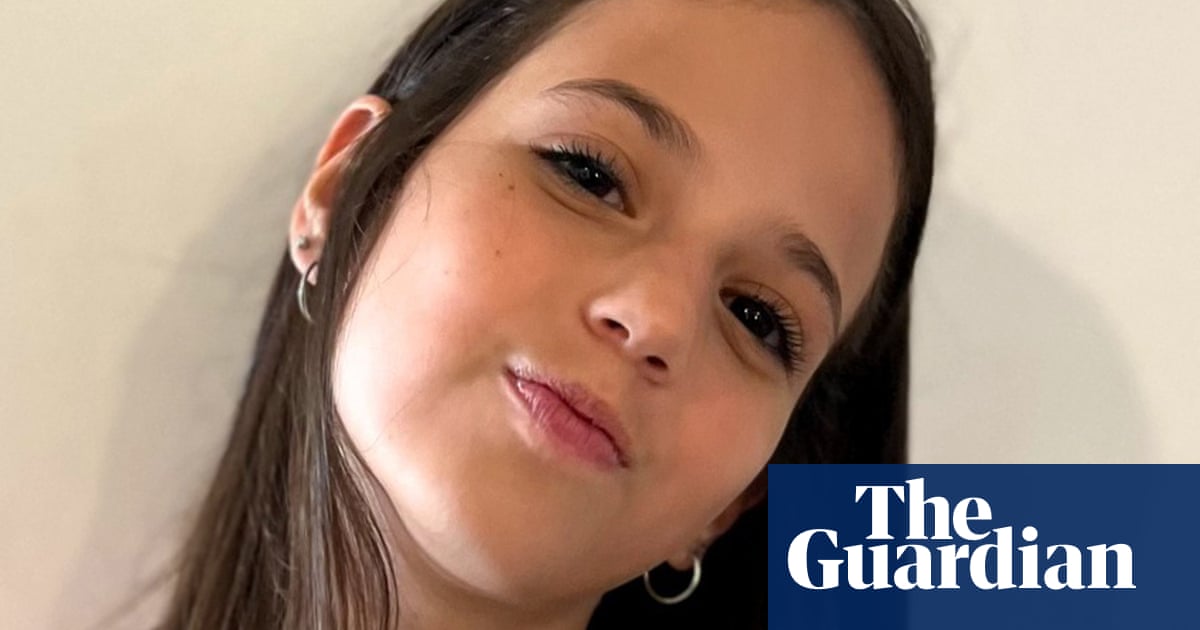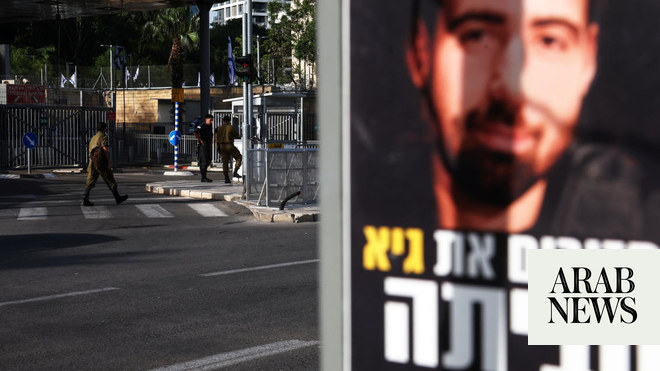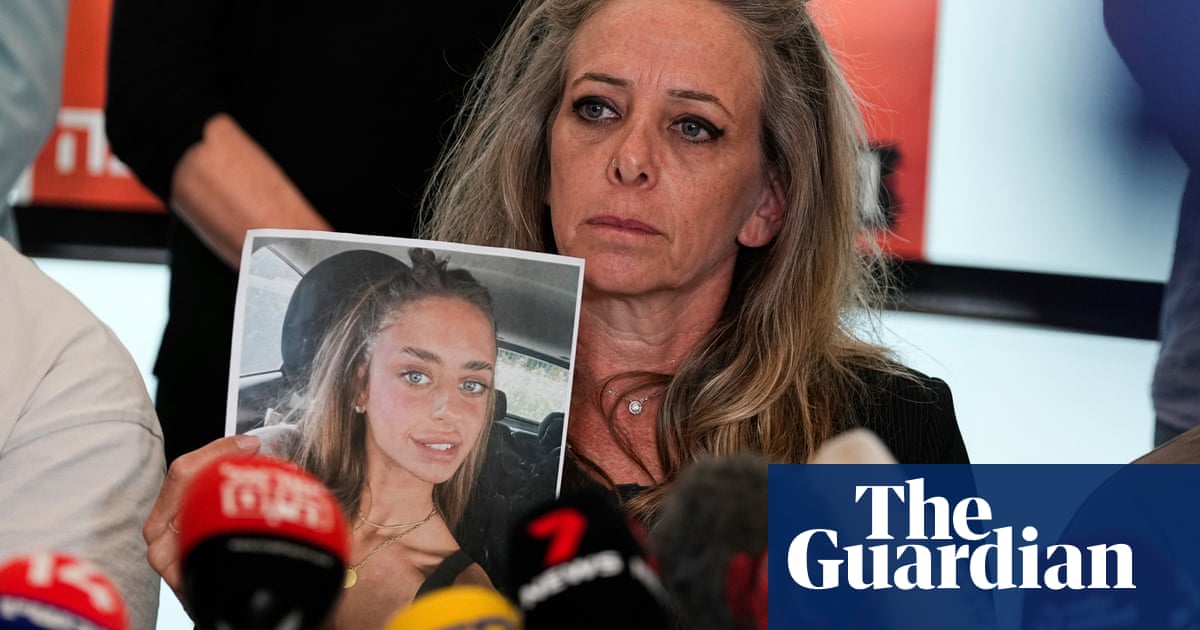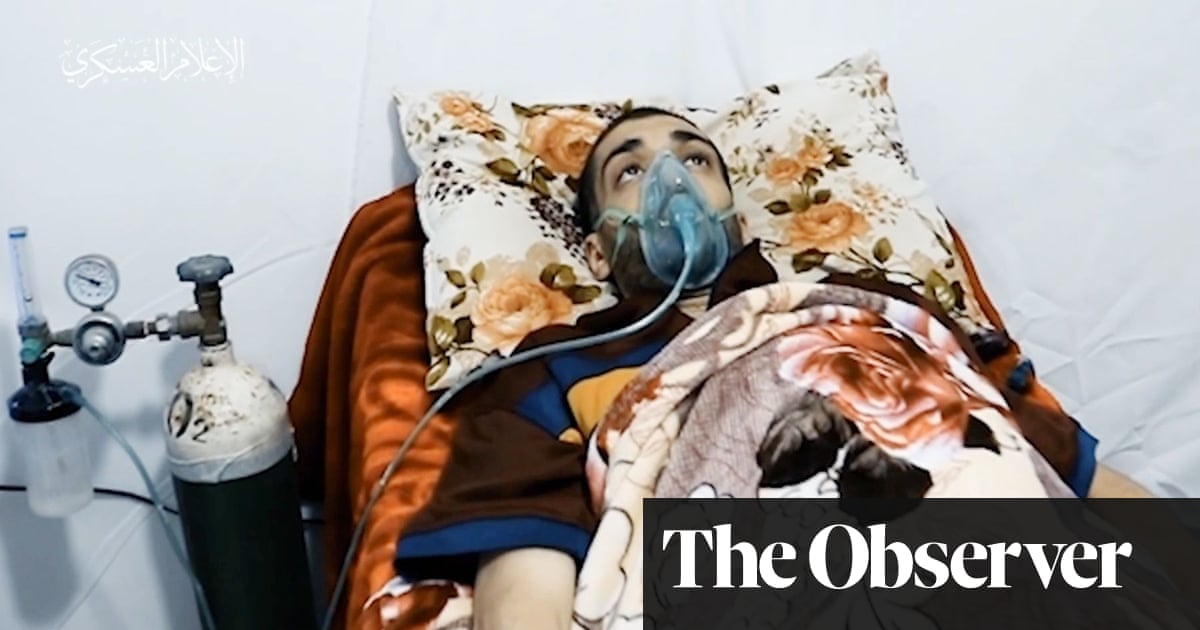
In Israel it’s impossible to miss the faces of the 130 or so Israeli hostages held in the Gaza Strip by Hamas: they are plastered across walls, hung from balconies, and digital versions are now screensavers on passport reading machines at the airport. “Bring them home now!” the posters say. The families’ rallying cry is repeated everywhere, chanted at demonstrations and printed on restaurant receipts and the shells of supermarket eggs.
The fate of the captives seized on 7 October has gripped Israeli society. One face that does not appear among the rows of missing people is that of Hisham al-Sayed, a 36-year-old Israeli Bedouin held by Hamas almost completely incommunicado for the last nine years.
It is not clear how Sayed – who suffers from several severe mental illnesses, including schizophrenia – managed to cross the border defences separating Israel from the besieged Gaza Strip in April 2015. For three months, he was declared a missing person. Then Hamas issued a surprise statement announcing a captured “Israeli soldier” was in its custody.
“Our lives since then have been like a Hollywood movie,” Sayed’s father Sha’ban, 63, told the Observer in an interview at the family home in Hura, a Bedouin town in the Negev desert. Relentless winter rain almost drowned out his voice; it pounded on the roof of plastic sheeting while Sha’ban and his brother stayed warm next to the wood burner.
“Hamas likes to ask a heavy price for Israelis. They have other weapons, but this is the most important weapon they have,” the construction business owner said.
Sayed is believed to be held along with Avera Mengistu, a 37-year-old Ethiopian-Israeli also suffering from severe mental health issues, who walked into Gaza in 2014. Israeli troops watched him cross, but did not stop him, the Mengistu family says.
Negotiations over the years aimed at Sayed’s release have been complicated by the fact that Hamas insists on treating him, Mengistu, and the bodies of two Israel Defense Forces (IDF) troops killed in the 2014 war as a set of four, insisting they are all soldiers rather than civilian hostages. The last round of indirect talks, brokered by Egypt, broke down in 2021.
Israel has historically paid a high price for the safe return of its citizens. In 2011, soldier Gilad Shalit was freed by Hamas in exchange for 1,000 Palestinians held in Israeli jails. Among them was Yahya Sinwar, who is now Hamas’s leader in Gaza.
Unlike the Mengistu family, who allege that Israeli officials have treated them poorly because of their ethnicity, Sha’ban says he believes the state is doing all it can to free his son.
Bedouin Israelis are also part of a marginalised minority – about 4% of the population – that can have a fraught relationship with its Israeli identity and the state, but the Sayeds are proud Arab and Muslim Israelis, Sha’ban said.
Drawing contrasts between how Gilad Shalit or the 7 October families have been treated, and the lack of attention his son’s case has received over the years, doesn’t make sense, he added, because the circumstances are so different.
Sha’ban said his son “is not a soldier. He has been ill since his teenage years. He loves to walk for hours and hours and he is very social. He likes the attention when he goes places he knows are forbidden. People usually realise quite quickly that he is ill and help him get home,” Sha’ban said.
“Once he walked to Jordan, and we managed to find him after three days. In 2010, he went to Gaza too, and the Bedouin we know there helped return him within 24 hours. But the Hamas leadership changed in 2014, and his luck ran out.”
In 2022, out of the blue, Hamas released a 39-second video of Hisham, gaunt in bed with an oxygen mask, in which they asked Israel for a deal to release their dying prisoner. A television playing Al Jazeera in the background proved that the footage was recent.
“That was the first time we saw him in eight years. I can’t describe how it felt… On the one hand, he was alive. On the other, he was clearly very ill,” his father said.
New efforts at an exchange deal didn’t go anywhere before 7 October last year, when, in Sha’ban’s words, “the whole world turned upside down”.
Hamas launched a brutal surprise attack on 20 Israeli communities that morning, killing approximately 1,200 people. About 250 people, among them foreigners, children and the elderly, were taken back to Gaza as bargaining chips.
The ensuing war in Gaza has killed 27,000 people, according to the health ministry in the Hamas-run territory, and displaced 85% of the 2.3 million population from their homes. Last month, the international court of justice ordered Israel must do “everything in its power” to avoid committing genocide.
“After 7 October, I found a new sense of solidarity. The hostage families forum asked us to join them, which we are glad to do. I feel like after so many years we have found a community, even if they are going through the same terrible things we are, and after years in which no one cared about us there is pressure to bring Hisham home again,” Sha’ban said.
There is hope yet. In a week-long truce in November, about 110 Israelis and other nationalities were released in exchange for 240 Palestinian women and children in Israeli prisons, but negotiations at a second deal have repeatedly floundered. At present, negotiations on a new ceasefire are ongoing in Cairo, although Israel’s prime minister, Benjamin Netanyahu, has dismissed Hamas’s counterproposal for a lengthy ceasefire and total cessation of hostilities.
“The ball is in Hamas’s court. They need to make a decision and release the people of Gaza from this hell,” Sayed said. “They do not deserve what they are going through.”
There has been no news of Sayed since the 2022 video. Released hostages, including several Bedouin Israelis, said they did not see him or hear anything about him during their captivity.
A month ago, Hamas’s military wing released a video in which it said contact had been lost with the cell holding Sayed, Mengistu and the two soldiers’ bodies from 2014.
“In the past, now, and once again, Netanyahu and his government are not interested in the return of your sons and loved ones. Don’t forget ... Time is passing and fading,” the video said.
Sha’ban’s advice to the new hostage families has been to cultivate patience, he said.
“There is no power or strength without God,” he said, a commonly used Qu’ranic phrase uttered by those who find themselves in hopeless situations.
“I have grown the skin of an elephant to deal with this. We have been playing this game a long time. It does not get any easier.”




